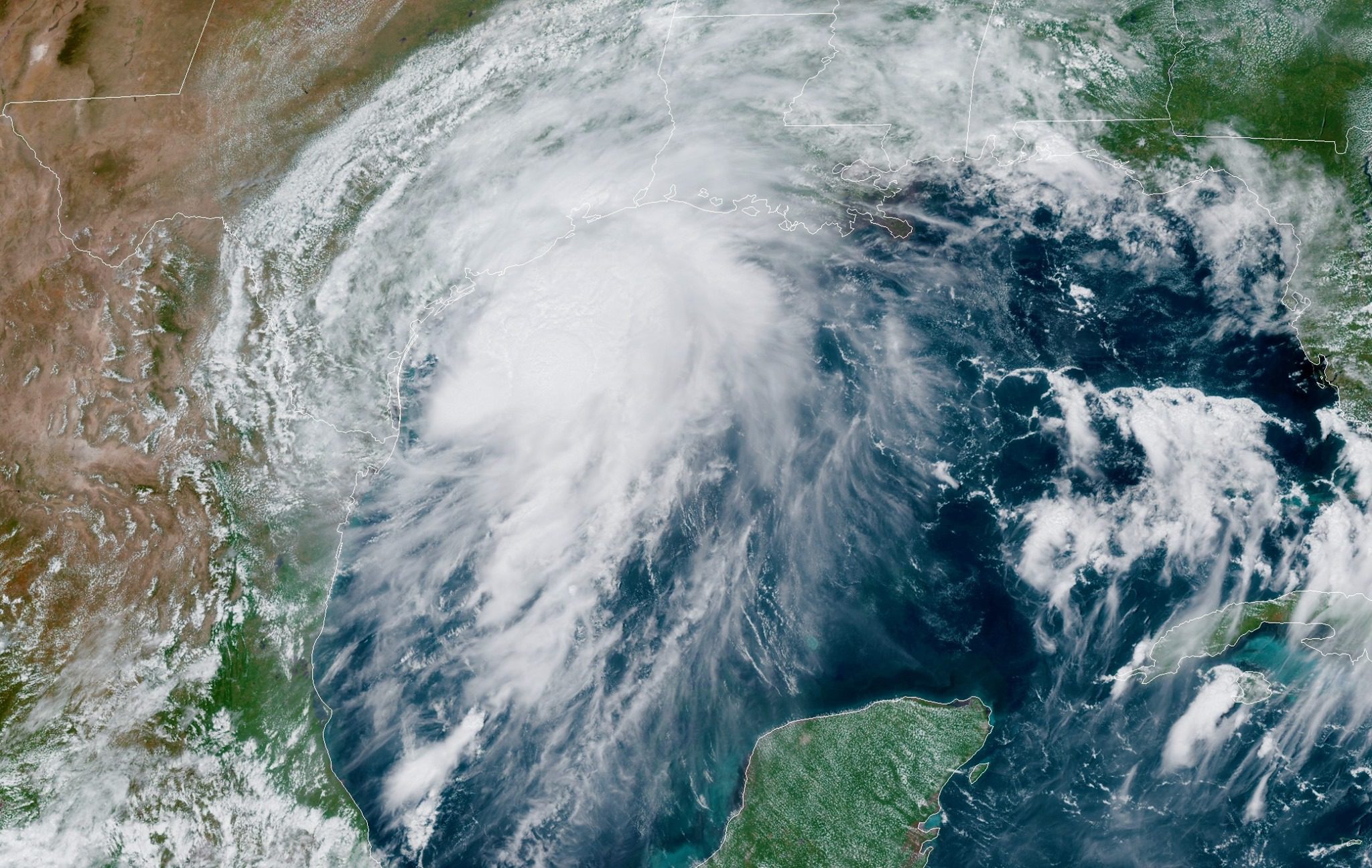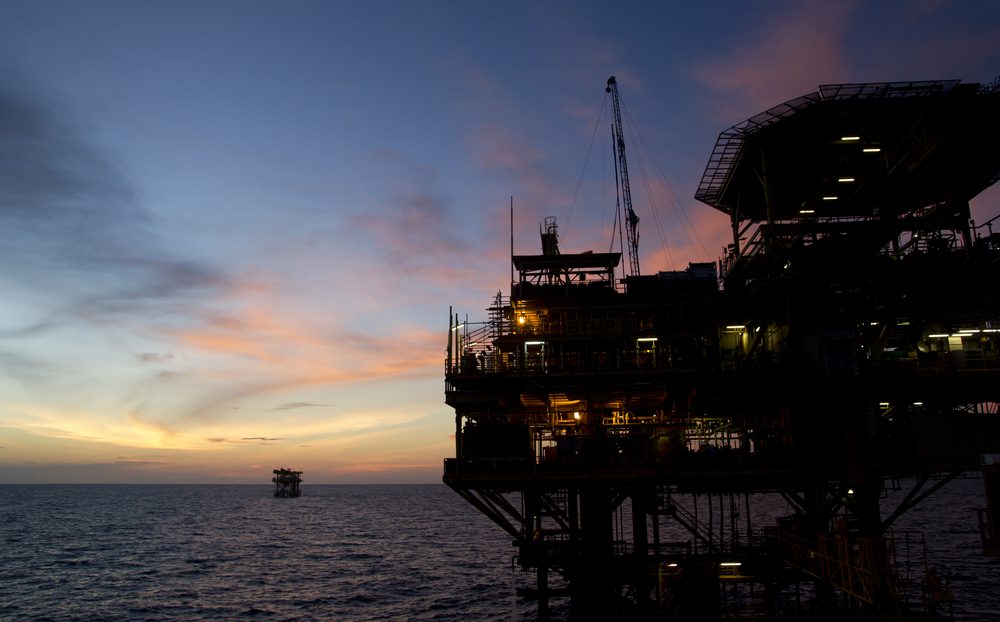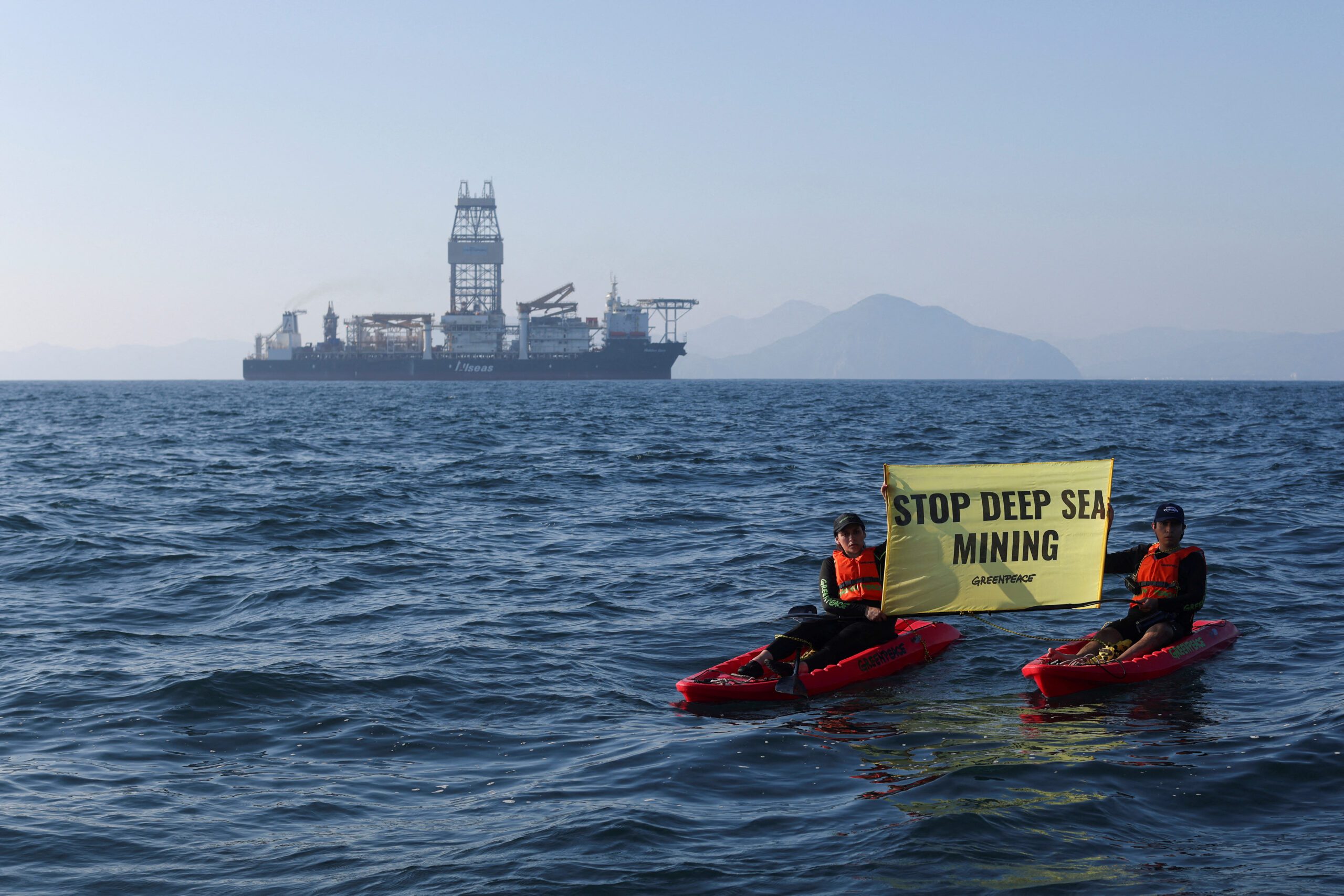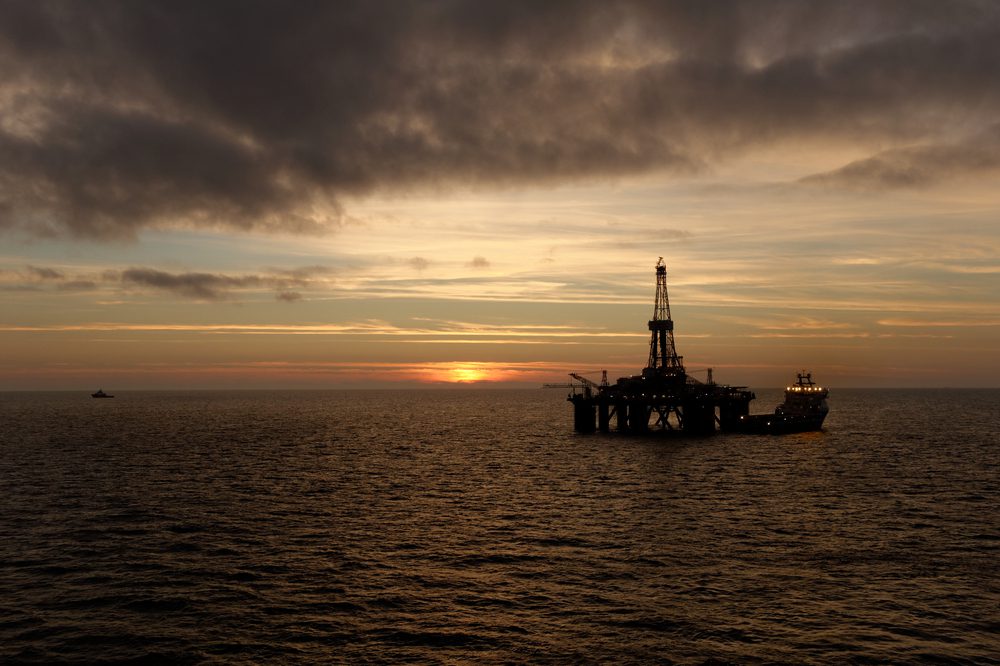By Liz Hampton
Sept 13 (Reuters) – Royal Dutch Shell on Monday began evacuating staff from a U.S. Gulf of Mexico oil platform, and other energy companies began preparing for hurricane-force winds from a second Gulf Coast storm in as many weeks.
Tropical Storm Nicholas was off the southern coast of Texas on Monday and moving north with winds of 60 miles per hour (97 kph) and could become a hurricane just ahead of landfall, according to the National Hurricane Center.
Nicholas is the second cyclone to threaten the U.S. Gulf Coast energy complex this month. Hurricane Ida wreaked havoc on oil production and refining facilities in late August and early September.
Almost half of U.S. Gulf oil output remained offline following Ida. Shell on Monday began evacuating non-essential personnel from its Perdido platform, which was unaffected by Ida. It was continuing to assess damages to its West Delta-143 facility, a major transfer station for three major oilfields that remain offline.
PORTS BATTEN DOWN
Shippers were warned of hurricane-force winds at oil export ports on the Texas coast. The Port of Corpus Christi could see hurricane force winds in the next day, the U.S. Coast Guardsaid.
The Coast Guard ordered vessels in the Texas ports of Houston, Galveston, Texas City and Freeport to cease cargo transfers if winds reach 40 mph. It barred inbound transit of 500 gross tons and greater vessels at all four.
Refiners also began making preparations for the storm. Phillips 66 refineries in Sweeney, Texas, and Lake Charles, Louisiana, activated their hurricane plans, and Exxon Mobil prepped its Baytown and Beaumont, Texas, petrochemical complexes for severe weather.
U.S. crude futures were up about 1% on Monday to $70.38 a barrel, while gasoline futures were roughly flat at $2.1572 a gallon.
Waves nearing 13 feet in height were reported outside of Port Aransas, near Corpus Christi, with wind gusts up to 54 miles per hour about 40 miles east of Padre Island, according to the National Weather Service.
Oil imports and exports face delays from Nicholas. Vessels that were unable to load or discharge during Ida could be rerouted again, shippers said.
The first supertanker scheduled to load at the Louisiana Offshore Oil Port (LOOP), the largest U.S. privately owned terminal for crude exports and imports, has yet to load, according to Refinitiv Eikon vessel tracking. (Reporting by Liz Hampton in Denver, Marianna Parraga in Houston, and Arpan Varghese in Bengaluru; Editing by Alex Richardson and Steve Orlofsky)
(c) Copyright Thomson Reuters 2021.

 Join The Club
Join The Club












